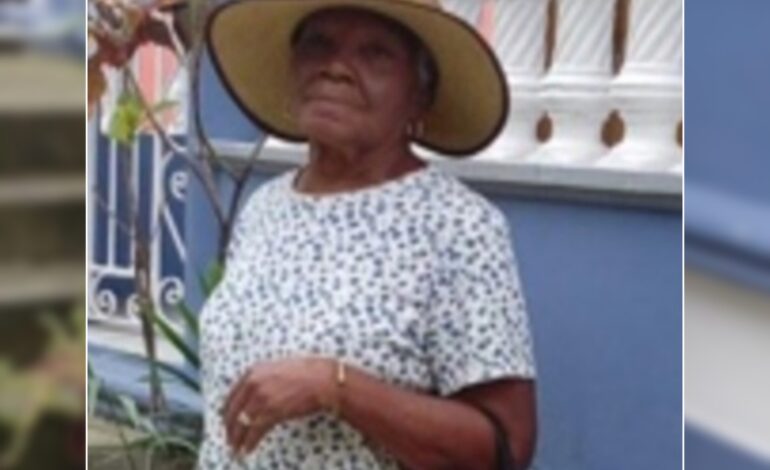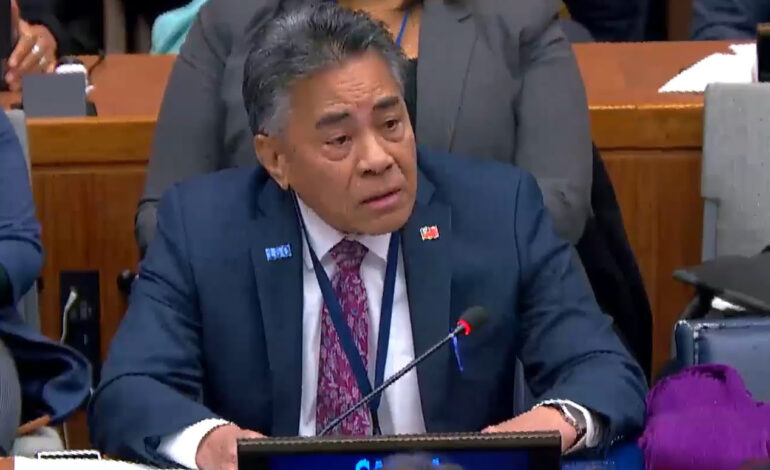
Washington, D.C., January 26, 2024,The World Bank’s Board of Executive Directors approved a project designed to support the Commonwealth of Dominica in developing and integrating clean, sustainable and low-cost energy. Through this $38.5 million project, a new robust transmission network will be built to withstand natural hazards, strengthening Dominica’s electricity grid.
The challenges faced by Dominica, as a Small Island Developing State, are multi-faceted, stemming from natural hazards, topographical constraints, and external economic shocks. Despite being an upper-middle-income country, Dominica has grappled with persistent economic challenges, exacerbated by hurricanes – such as Hurricane Maria which caused Dominicans to go without power for an extended period in 2017 – and the global COVID-19 pandemic. These underscore the urgent need for sustainable and resilient infrastructure, especially in the critical area of energy generation. Dominica’s electricity sector is currently challenged by outdated infrastructure, largely dependent on aging diesel generators which result in high electricity expenses and an unreliable power supply, hampering the country’s competitiveness.
In response to these challenges, geothermal energy has been identified by the Government of Dominica as a transformative solution to propel the country toward a green and resilient economy, particularly as it possesses geothermal resources far exceeding its current domestic needs. The World Bank’s ongoing Dominica Geothermal Risk Mitigation Project is supporting the development of the first geothermal power plant through drilling of new geothermal wells, critical for plant viability and increasing its capacity. The project will also oversee technical studies.
“Dominica is making significant strides in geothermal energy, with innovative investments to deliver clean, low-cost electricity to its citizens and thereafter, the Eastern Caribbean. With support from the World Bank and the Government of Canada, we are building a resilient network for geothermal energy transmission. This network is critical for the commissioning of a 10MW geothermal power plant by Ormat Technologies Inc. Geothermal energy can transform the nation’s energy sector and the economy by reducing electricity costs, achieving 100% renewable energy by 2030 and generating new streams of revenue from the sale of green energy,” stated Hon. Dr. Vince Henderson, Minister of Foreign Affairs, International Business, Trade and Energy for Dominica.
To complement these efforts, the new Dominica Geothermal Risk Mitigation Project II will allow for the construction of new electrical transmission lines and substations to connect and evacuate electricity generated from the geothermal plant to Dominica’s largest electricity distribution center in the southwest. The project will create a strong network for transmission of electricity with redundancy between key power plants and the demand center, to withstand known natural hazards in the area and thus improve resilience of the entire grid.
“Dominicans will benefit from access to more reliable, cost-efficient and sustainable electricity and the private sector will see less interruption to their production, through the second phase of this project. Households, in particular, will enjoy welfare gains fostering improved opportunities for income, education, and healthcare,” said Lilia Burunciuc, World Bank Country Director for the Caribbean. “Supporting women’s participation in the energy sector will also be crucial for the success of the project,” she added.
To help responses to future extreme weather events, the project will also facilitate the procurement of emergency spare parts and equipment for efficient and fast repairs, as well as provide technical assistance to improve emergency preparedness, strengthen the regulatory framework, and modernize the grid.
Special focus is placed on inclusion. The project will foster women’s participation in Dominica’s energy sector through the provision of educational programs, scholarships, employment and internship opportunities in electrical, mechanical engineering or other relevant areas. This component will be financed by the Canada-World Bank Clean Energy and Forest Climate Facility.
“Canada is pleased to support the Canada-World Bank Clean Energy and Forest Climate Facility as part of its climate finance envelope. Through our international climate finance program, Canada takes pride in assisting developing countries in their shift towards low-carbon and more climate-resilient economies, all while adopting a gender-responsive approach. The Dominica Geothermal Risk Mitigation II project is a clear example of how climate finance can effectively tackle gender barriers, ensuring that the clean energy transition is inclusive for all,” remarked Her Excellency, Lilian Chatterjee, High Commissioner for Canada to Dominica.
The Dominica Geothermal Risk Mitigation Project II is financed through a World Bank International Development Association (IDA) credit of $38.5 million and a $0.25 million grant from the Canada-World Bank Clean Energy and Forest Climate Facility. IDA credits are a zero to low-interest loan mechanism designed to boost economic growth, reduce inequalities and improve living conditions.





